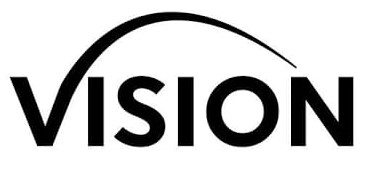Reducing Sodium and improving quality of Fat in Mid-day meals in Karnataka
Excess salt/sodium consumption leads to hypertension and cardiovascular diseases and is attributable to 1.65 million deaths worldwide annually. The WHO has identified sodium reduction as a key priority, and it has recommended a dietary salt intake of <5 g/day for adults. Though the scientific evidence on the virtues of salt reduction is strong, the data required to translate scientific evidence into public health policy and consequently reduced population salt intake is limited, particularly in low and middle-income countries (LMICs) such as India. As mentioned earlier, on an average, a person in India consumes 10 g salt a day which is twice that recommended by WHO.
The MDM program is a multi-purpose initiative of the government to address food security, lack of nutrition, and access to education. In Karnataka nearly, 5.5 million children from class 1 to 10 in government and government aided schools are daily provided with either freshly cooked food during schools or ration in event of school holidays or closure. According to MDM guidelines, fortified oil and iodized salt are being used for meal preparation. For the meal preparation per student, 2gm salt and 5gm oil are being used for the age group 6 to 11 years, and 4gm salt and 14gm oil for the age group 12 to 14 years. The MDM program involves various service providers from centralised to decentralised kitchens across the state.
VSD team had a meeting with educational minister, Government of Karnataka, India








